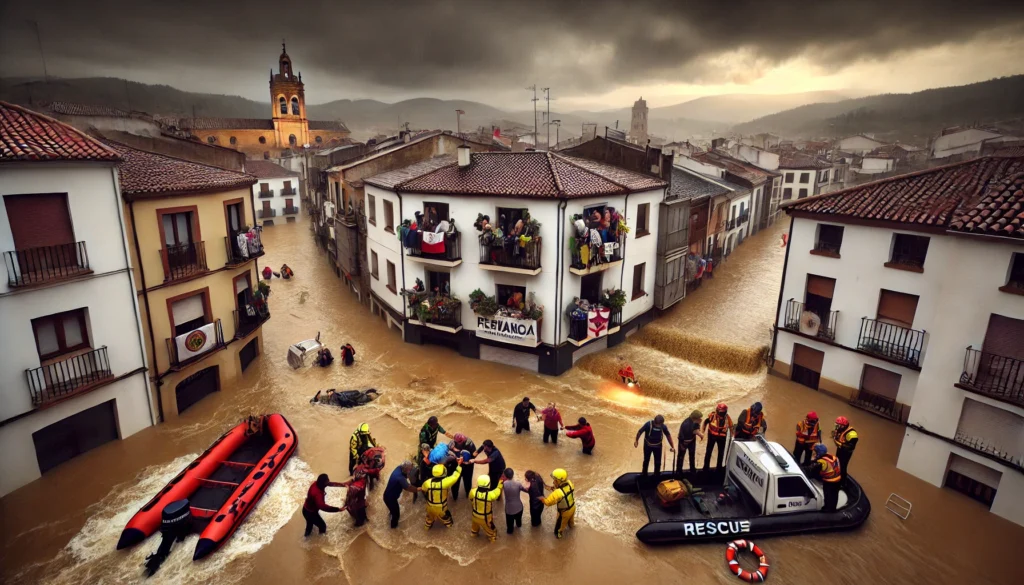4th November, 2024
Throughout history, humanity has endeavored to understand and harness the forces of nature, seeking to predict and mitigate its more volatile aspects. Despite advancements in technology and infrastructure, natural disasters continue to claim numerous lives annually. According to Our World in Data, disasters such as earthquakes, storms, floods, and droughts result in approximately 40,000 to 50,000 deaths each year.
The recent catastrophic floods in Spain serve as a poignant reminder of our ongoing vulnerability. In late October 2024, torrential rains led to devastating floods in the Valencia region, resulting in over 200 fatalities and leaving many missing. This tragedy has been described as Spain’s deadliest flash floods in modern history.
While it’s challenging to prevent natural events entirely, the significant loss of life raises critical questions about our preparedness and response strategies. Could improved infrastructure, early warning systems, or more effective emergency responses have mitigated the impact of such disasters?
Global data indicates that while the frequency of natural disasters has remained relatively stable, the number of deaths has decreased over time, suggesting that better preparedness and response can save lives. However, the economic losses from these events have increased, highlighting the need for comprehensive strategies that address both human safety and economic resilience.
To coexist harmoniously with nature, we must invest in sustainable development, enhance disaster preparedness, and foster a culture of resilience. This includes respecting and caring for our planet, leveraging technology for early detection and response, and strengthening community efforts to build a safer future.
By acknowledging the unpredictable beauty of nature and proactively working to minimize its potential dangers, we can honor our environment without succumbing to fear.
#GlobalWorldCitizens #WorldFreedomFighters

